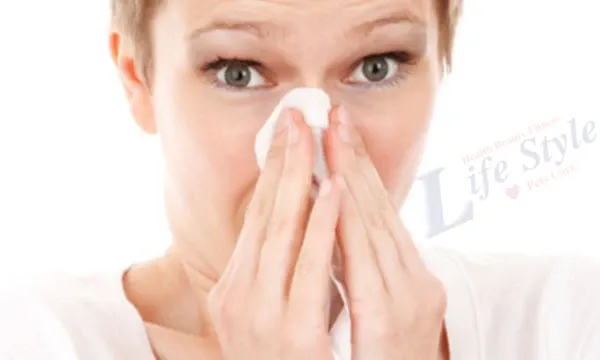Seasonal Allergies
Similar to other forms of allergies, seasonal allergies arise when the body's immune system overreacts to an environmental trigger, often in the spring, summer, or fall when particular plants pollinate.
common allergy triggers for the season
Seasonal allergies may be the cause of your seasonal sneezing and coughing. However, you don't just have to put up with seasonal allergies.
Spring allergies can start as early as February and extend into the early summer in many parts of the United States. Early in the year, pollination of trees begins, followed by that of grass later in the spring and summer and that of ragweed in the late summer and fall.
However, grass may pollinate for a significant amount of the year in tropical areas. Plants can pollinate earlier in the winter when the temperatures are mild. A wet spring can encourage accelerated plant growth and develop mould, resulting in symptoms that persist far into the fall.
Ragweed, a plant that grows wild practically everywhere but mainly on the East Coast and in the Midwest, is the main cause of fall allergies. Between August and November, ragweed blooms and produces pollen. Early to mid-September is when ragweed pollen concentrations are at their maximum in many parts of the nation.
Other plants that cause allergies in the fall include
Lamb's quarters, Cocklebur, and Burning Bush
Pigweed
Mugwort and sagebrush
The following climatic variables might also affect how severe your symptoms may be, even if the date and intensity of an allergy season vary across the nation:
Cool nights and mild days are ideal for the growth of trees, grass, and ragweed pollen.
Heat and extreme humidity encourage the rapid growth of mould.
Mornings are often when pollen counts are at their highest.
Pollen is removed by rain, but following rain, pollen concentrations can increase.
Airborne allergens are grounded on a windless day.
Pollen counts rise when it's windy and warm outside.
Moving to a different environment to avoid allergies seldom works since allergens are almost universal.
Treating Seasonal Allergies
It's time to visit an allergist if you feel like you're always congested or coughing and becoming sick. Even while you may be convinced that pollen is to blame for your discomfort, there may be other factors at play. In reality, year-round symptoms are experienced by more than two-thirds of spring allergy patients. An allergist is an ideal person to turn to if you want to eliminate your suffering altogether rather than merely manage the symptoms.
Count the amount of mould and pollen. During allergy season, this information is frequently included in weather broadcasts that appear in newspapers, on the radio, and on television.
During allergy season, keep the windows and doors closed at home and in your automobile.
Check pollen levels after determining which pollens you are susceptible to in order to avoid exposure. The greatest amounts occur in the evenings in the spring and summer during the tree and grass pollen season. Morning levels are greatest during the ragweed pollen season in late summer and early fall.
After working or playing outside, take a shower, wash your hair, and put on fresh clothing.

